Table of Contents
The full form of IPS:
The full form of IAS is “Indian Police Service”. It is a government agency that is part of the Indian Civil Services and is responsible for maintaining law and order in the country.
It is the most prestigious and coveted service among the Central Civil Services. The IPS officers are recruited by the Union Public Service Commission (UPSC) through an All India Civil Services Examination.
The IPS officers are responsible for the prevention, investigation, and maintenance of law and order in the country. They are also responsible for the security of the country and its citizens and are often referred to as the “guardians of the Indian Constitution”.
The IPS officers are also responsible for the training and development of the police forces in the states and union territories.
Introduction of the IPS:
An Indian Police Service (IPS) officer is an officer of the Indian Police Service, a government of India civil service under the Department of Personnel & Training of the Union Ministry of Home Affairs.
The service is not a force itself but provides leaders and commanders to staff the state police and other law enforcement organizations within India. IPS officers serve in the Indian Police Service for a minimum of 30 years,
beginning as Assistant Superintendent of Police. As the officer progresses through the ranks, they are given postings in various states of India and are responsible for the maintenance of law and order in their jurisdiction. As part of their responsibilities, IPS officers investigate crimes, apprehend criminals, maintain law and order, ensure public safety and security, protect the rights of citizens, and provide civic services.
IPS officers are also responsible for the protection of VIPs and dignitaries. They also serve as advisors to the State Government in matters of security and intelligence. IPS officers also have the power to investigate and prosecute offenders, and offenders can be punished by imprisonment or fines as per the Indian Penal Code.
In addition to their police duties, IPS officers are also responsible for the administration and management of the police force. They are responsible for the recruitment, training, and supervision of police personnel and for carrying out the necessary policies and procedures to ensure the efficient and effective operation of the police force.

IPS officers are expected to be impartial, and unbiased, and act in the public’s best interests. They must be honest and have high moral values. They must also be able to adapt to changing situations. They are also expected to display leadership qualities and can motivate, inspire and guide their subordinates.
The IPS officer is considered to be one of the most challenging jobs in the government sector. It requires a person to be physically fit, mentally alert, and courageous. It also requires an extensive knowledge of the law and the ability to think strategically.
The origin of the IPS:
IPS stands for Indian Police Service which is one of the three All India Services of the Government of India. It was formed in the year 1948 when India gained independence.
The Indian Police Service was established in the year 1861 on the recommendations of the Police Commission of 1861- 1862. This was headed by Sir Richard Temple and his team which was appointed by the British Government.
The commission recommended a unified All India Police Service to provide a sense of uniformity and effectiveness to the police forces of all the provinces of India. The Indian Police Service was formed with the merging of the Imperial Police and the Provincial Police into one All India Police Service.
The Imperial Police was responsible for the maintenance of law and order in British India and the Provincial Police were responsible for the maintenance of law and order in the princely states of India. The Indian Police Service is the premier police service of India and is responsible for the maintenance of law and order in the country.
It also assists the state governments in maintaining law and order in the state. The IPS officers are also responsible for helping the state governments in tackling terrorism, organized crime, and other security-related issues.
The IPS officers are also responsible for the investigation of cases related to crime, corruption, and other serious offenses. They are also responsible for the recovery of stolen property, suppression of riots, and the maintenance of law and order in the state.
The Indian Police Service is headed by the Director General of Police and is divided into several ranks and grades. The ranks range from Deputy Inspector General of Police to Inspector General of Police. The IPS officers are also required to undergo specialized training to keep them updated with the latest policing techniques and strategies.
The Top posts for an IPS officer:
The Indian Police Service (IPS) is a premier law enforcement agency in India. It is responsible for maintaining law and order in the country. IPS officers are among the most respected and influential civil servants in the country. The top posts for an IPS officer include Director General of Police (DGP), Commissioner of Police (CP), Inspector General of Police (IGP), Deputy Inspector General of Police (DIGP), and Additional Superintendent of Police (ASP).
The Director General of Police (DGP) is the highest-ranking IPS officer in India. The DGP is responsible for providing strategic leadership and direction to the police force of the entire state. The DGP is also responsible for the overall security of the state, including the prevention and detection of crime, ensuring the maintenance of law and order, and ensuring the safety of citizens.
The Commissioner of Police (CP) is the second highest-ranking IPS officer in India. The CP is responsible for law and order in a city or district. The CP is in charge of the police force in the city or district and is responsible for the overall security and safety of citizens. The CP is also responsible for the enforcement of laws and the prevention and detection of crime.
The Inspector General of Police (IGP) is the third highest-ranking IPS officer in India. The IGP is responsible for law and order of a region or state. The IGP is responsible for the implementation of policies and strategies, the maintenance of law and order, and the prevention and detection of crime. The IGP is also responsible for the supervision of junior officers and the coordination of police activities.
The Deputy Inspector General of Police (DIGP) is the fourth highest-ranking IPS officer in India. The DIGP is responsible for the supervision of police districts and the coordination of police activities. The DIGP is also responsible for the implementation of policies and strategies, the maintenance of law and order, and the prevention and detection of crime.
The Additional Superintendent of Police (ASP) is the fifth highest-ranking IPS officer in India. The ASP is responsible for the supervision of police stations and the maintenance of law and order. The ASP is also responsible for the enforcement of laws and the prevention and detection of crime. The ASP is also responsible for the supervision of junior officers and the coordination of police activities.
The eligibility criteria for an IPS officer:
To become an IPS officer, candidates must meet the following eligibility criteria:
1. Age: The minimum age to become an IPS officer is 21 years, while the maximum age is 32 years. This age limit varies depending on the state and union territories.
2. Educational Qualification: Candidates must have a Bachelor’s degree in any discipline from a recognized university or institute.
3. Physical Standards: Candidates must meet the physical standards set by the Union Public Service Commission.
4. Nationality: Candidates must be Indian citizens.
5. Character and Antecedents: All candidates must have a good moral character and must not have any criminal record.
6. Medical Fitness: Candidates must be medically fit and must pass a physical fitness test.
7. Language Proficiency: Candidates must be proficient in one of the official languages of India.
8. Selection Process: Candidates must clear the written exam conducted by the Union Public Service Commission and then appear for the Personality Test.
9. Training: All selected candidates must undergo training at the National Police Academy in Hyderabad.
10. Bond: All selected candidates must sign a bond to serve the government for a minimum period of five years.
The Recruitment of IPS:
IPS is appointed by the Government of India in each state or union territory of India. The selection process for the IPS starts with the Union Public Services Commission (UPSC) exam.
This exam is conducted every year and is one of the most competitive examinations in India. Candidates need to clear this exam to be eligible for the IPS. Once the UPSC exam is cleared, the candidate needs to appear for the Personality Test. This is an interview conducted by a board of senior IPS officers.
The candidate is evaluated on his/her knowledge, skills, and aptitude to become an IPS officer. After clearing the Personality Test, the candidate is required to undergo a medical examination. The medical examination is conducted to check the physical and mental fitness of the candidate.
Once the medical examination is cleared, the candidate is considered eligible for an appointment as an IPS officer. Once appointed, the IPS officer is required to undergo training at the National Police Academy in Hyderabad. This training lasts for two years.
During this period, the officer learns about the laws and regulations of the Indian Police Service. After successful completion of the training, the IPS officer is posted to a state or union territory, where he/she is responsible for maintaining law and order.
The training for IPS officers:
The training for an Indian Police Service (IPS) officer, one of the three All India Services of India, typically starts right after the IPS officer is selected through the Civil Services Examination conducted by the Union Public Service Commission (UPSC).
The training is conducted at the Sardar Vallabhbhai Patel National Police Academy (SVPNPA) in Hyderabad. The training for an IPS officer is typically divided into two parts – the Foundation Course and the Orientation Course. The Foundation Course is a ten-month residential program conducted at the SVPNPA.
It is designed to provide the officers with a comprehensive understanding of the police organization, justice system, law, and order in the country. During this course, the officers receive training in various subjects such as law, criminal justice administration, police organization, management and leadership, human resource management, investigation techniques, communication skills, and disaster management.
They also receive practical training in policing, investigation, and law. The Orientation Course is a three-month residential program conducted at the SVPNPA. During this course, the officers receive training in specialized subjects such as intelligence, cybercrime, anti-terrorism, enforcement of economic laws, VIP security, and public order management.
They also receive practical training in specialized fields such as interrogation, crime scene investigation, and crowd control. At the end of the training, the officers are expected to have developed the necessary skills and knowledge to effectively perform the duties of an IPS officer.
They are also expected to have acquired the necessary leadership and management skills to act as effective administrators.
The power and responsibilities of the IPS officer:
Power: An IPS officer has the power to arrest anyone suspected of committing a crime. They also have the power to conduct investigations and interrogations and to issue search warrants. They can also issue orders to other law enforcement agencies. They are also responsible for controlling public order and preventing civil unrest.
Responsibilities: An IPS officer is responsible for maintaining law and order in the state they are posted in. They must enforce the laws of the state, investigate and prosecute criminal cases, and ensure the safety of citizens. They are also responsible for providing security to important dignitaries, protecting VIPs, and maintaining the peace during elections.
They must also provide intelligence to the government on crime and other security-related matters. An IPS officer is also responsible for providing training to junior police officers and mentoring them.
They must also ensure that the police force is well-equipped and up-to-date with the latest technology and tactics. They must also ensure that the police force is efficient in dealing with crime and other security-related issues.
The salary and perks of IPS officers:
Salary: The salary for the IGP level starts at Rs. 80,000/- per month, while the DGP level salary is around Rs. 2.25 lakh per month. In addition to the basic salary, IPS officers are also entitled to various allowances and other benefits.
Perks: In addition to the salary, IPS officers also enjoy a host of other perks. These include free housing, free medical facilities, free transport, and other allowances. They are also entitled to a pension upon retirement.
IPS officers are also entitled to several other privileges. These include special passes which allow them to travel anywhere in the country free of charge. They are also provided with personal security guards and can avail of special privileges when traveling by rail, air, or road.
IPS officers are also entitled to several other benefits, such as free education for their children and discounts on various products and services. IPS officers are also provided with special travel and medical insurance.
Overall, the salary and perks of an IPS officer make it one of the most attractive jobs in India. The salary, perks, and other benefits make it a very attractive job for those interested in a career in the police force.
FAQ’s
How does one become an IPS officer?
To become an IPS officer in India, one must clear the Civil Services Examination conducted by the Union Public Service Commission (UPSC). It involves a three-stage selection process, which includes a preliminary examination, a main examination, and a personal interview.
What is the rank structure in the IPS?
The rank structure in the IPS starts with the entry-level rank of Assistant Superintendent of Police (ASP) or Deputy Superintendent of Police (DSP) and goes up to the highest rank of Director General of Police (DGP). There are various ranks in between, such as Superintendent of Police (SP) and Inspector General of Police (IGP).
Can IPS officers be posted in different states?
Yes, IPS officers can be posted in different states based on the needs of the government. They may serve in their home state or be posted to other states on deputation or as part of their regular career progression.
Do IPS officers have the power to arrest?
Yes, IPS officers have the power to arrest and detain individuals involved in criminal activities. However, the exercise of this power is subject to legal procedures and guidelines established by the criminal justice system.
Can IPS officers be transferred frequently?
Yes, IPS officers can be transferred frequently based on administrative requirements and organizational needs. Transfers are usually carried out by the state government or the Ministry of Home Affairs at the central level.
Can IPS officers be suspended or dismissed from service?
Yes, IPS officers can be suspended or dismissed from service in case of serious misconduct, negligence, corruption, or any other violation of service rules. The decision to suspend or dismiss an IPS officer is usually taken by the appropriate disciplinary authority based on the findings of an inquiry.
Do IPS officers have opportunities for career advancement?
Yes, IPS officers have ample opportunities for career advancement. They can be promoted to higher ranks based on their performance, experience, and eligibility criteria set by the government. Promotion avenues include becoming Deputy Inspector General (DIG), Inspector General (IG), Additional Director General (ADG), and eventually attaining the rank of Director General of Police (DGP).
Also read, BSF Head Constable Ministerial Exam Syllabus


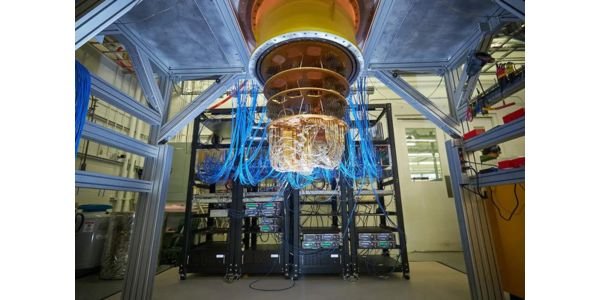
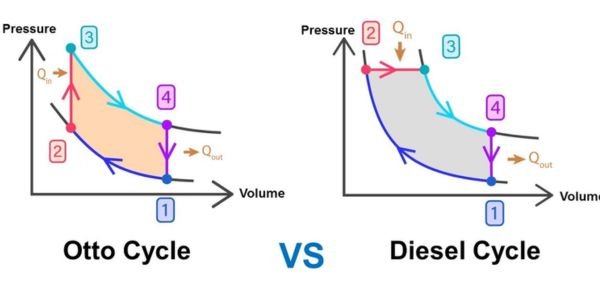


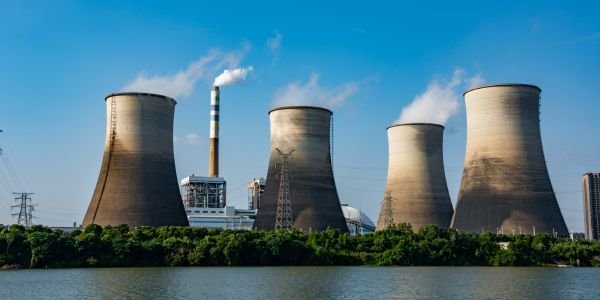


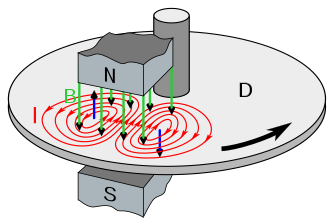

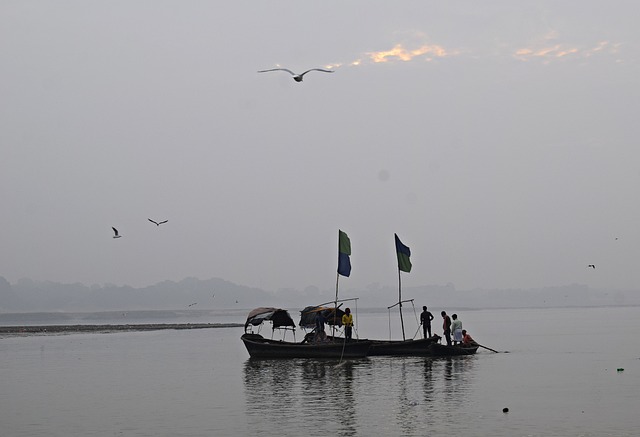
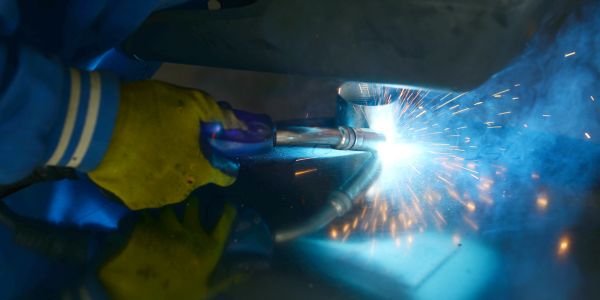










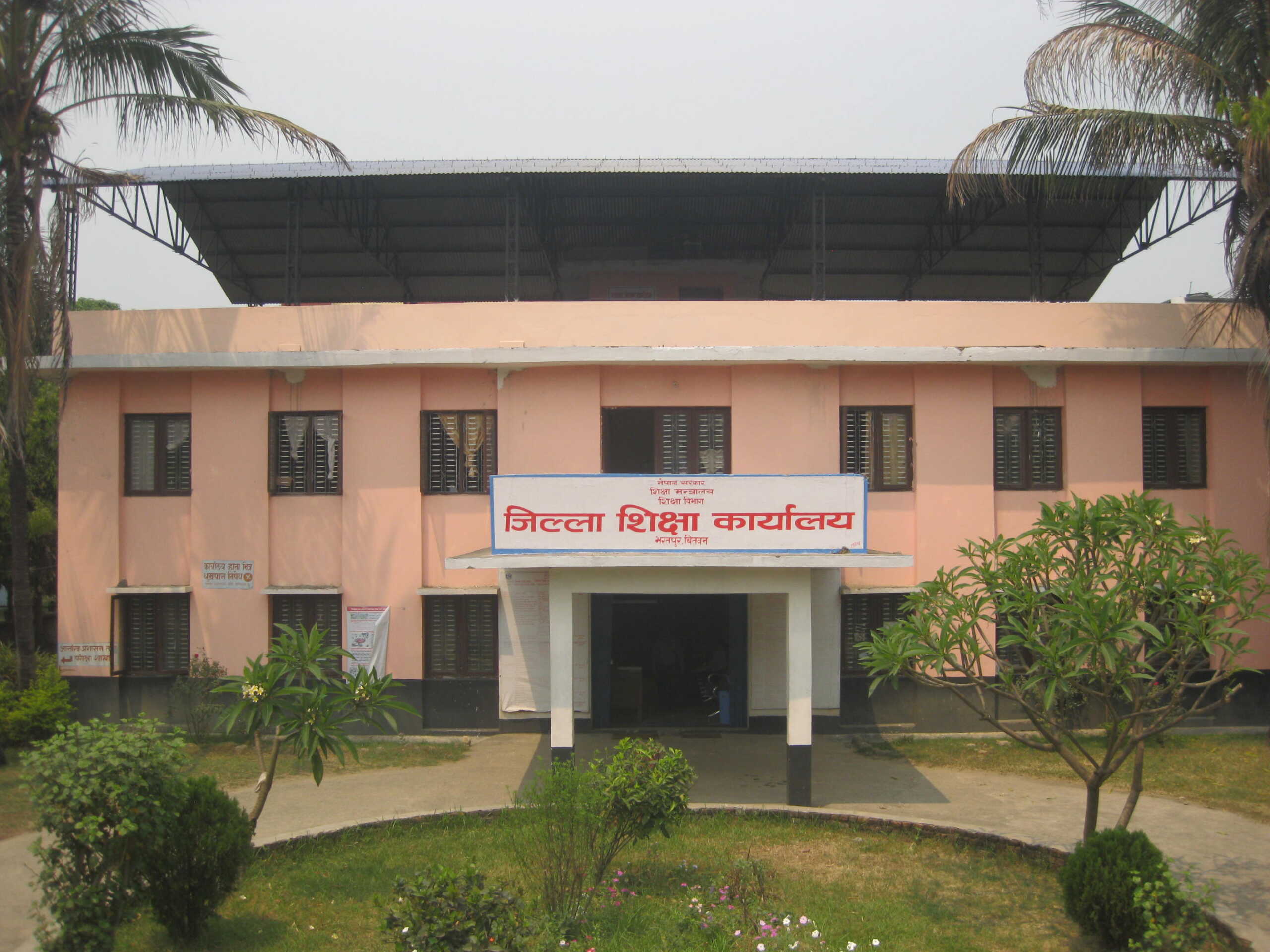







Comment on “IPS full form – Indian Police Service”
Comments are closed.